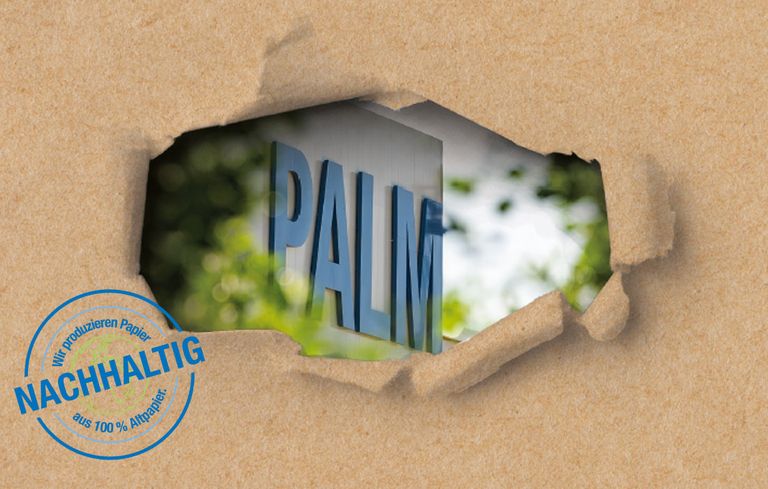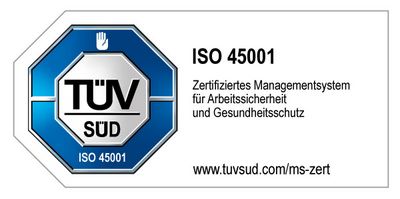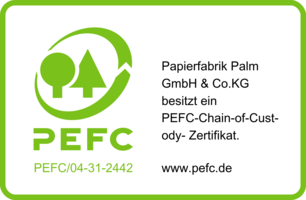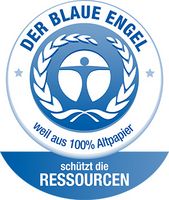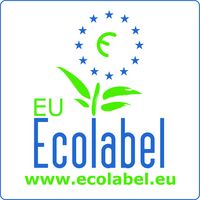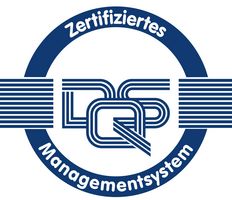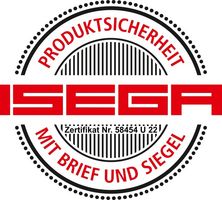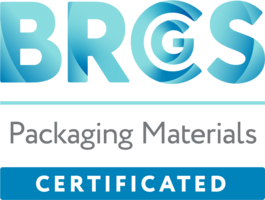Our certificates & guidelines
Outstanding quality has been the basis for our success for over 150 years. We attach great importance to compliance with all relevant regulations and standards. We ensure that we not only fulfil the requirements of our customers and suppliers, but also always act in accordance with legal requirements. Our managers promote responsible behaviour through training and controls. Our top priorities are to protect the environment and comply with legal and safety guidelines. Continuous optimisation and innovation secure the future of PALM.
Self declaration
In addition to the usual certifications, we document certain principles and behaviours at Palm by means of a self-declaration. This serves as a guideline for responsible behaviour in our business activities and in relation to our business partners.
Quality management ISO 9001
ISO 9001 is the world's most widely used standard for quality management systems. Certified companies fulfil the expectations of their customers with their products and services and ensure that they comply with relevant legal and regulatory requirements. The core elements of the management system are continuous improvement and further development, as well as high customer satisfaction.
Occupational health and safety management ISO 45001
ISO 45001 is an occupational health and safety management system designed to prevent or reduce the risk of injuries/accidents and illnesses in the workplace. It includes the continuous improvement of occupational health and safety performance, and the fulfilment of legal requirements.
FSC®
The independent, non-profit, non-governmental organisation Forest Stewardship Council (FSC®) was founded in 1993 with the mission of promoting environmentally friendly, socially beneficial and economically viable forest management. In short: responsible use of global forest resources and recycled materials. Since then, the definition and verification of strict environmental and social standards by the FSC® has provided consumers with reliable guidance when purchasing environmentally friendly (FSC®-certified) products.
PEFC
PEFC stands for the Programme for Endorsement of Forest Certificaton, founded in 1999, and is an independent certification system for ecologically, economically and socially sustainable forestry. The seal of the globally active non-governmental organisation identifies wood and paper products from sustainably managed forests.
Carbon Footprint
Verification of the carbon footprint by TÜV SÜD confirms that a company's carbon footprint has been prepared correctly and in accordance with the relevant standards. Verification can be company-wide (‘Corporate Carbon Footprint’) or product-specific (‘Product Carbon Footprint’) and characterises sustainable action in climate protection.
Blue Angel
The Blue Angel is the first and best-known environmental label in the world and recognises companies for their commitment to environmental protection. Since 1978, an independent jury has been deciding on standards for environmentally friendly products and services according to defined criteria. In 1984, the Palm paper mill was the first German paper mill to succeed in producing high-quality newsprint from 100% recycled paper. Five years later, Palm was the first paper mill to be awarded the ‘Blue Angel’ for this pioneering achievement.
Energy management ISO 50001
This international standard supports companies and organisations in setting up an energy management system and serves as corresponding proof. The aim of the certification is to implement measures to improve energy efficiency by establishing the necessary systems and processes.
Food safety FSSC 22000
This certification is proof of a comprehensive management system for food and feed safety recognised by the GFSI (Global Food Safety Initiative) and is based on the ISO 22000 standard and various preventive programmes. It has a very high level of acceptance among all companies involved in the food chain.
ISEGA Clearance Certificate
ISEGA is an independent testing and certification institute for industry and trade in various sectors (including paper, cardboard and paperboard). As a certification body, it evaluates products on the basis of food law and a range of different standards, directives and regulations. Papierfabrik Palm tests its corrugated base paper for suitability for food contact and with regard to European and national regulations. This also includes testing for GMP (good manufacturing practice) for consumer goods that are intended to come into contact with food.
Ecovadis
Ecovadis has been providing sustainability assessments for companies worldwide since its foundation in 2007. The Ecovadis methodology complies with various international sustainability standards. The ratings and scorecards produced show how well a company integrates the principles of sustainability and corporate social responsibility (CSR) into its business and management system.
